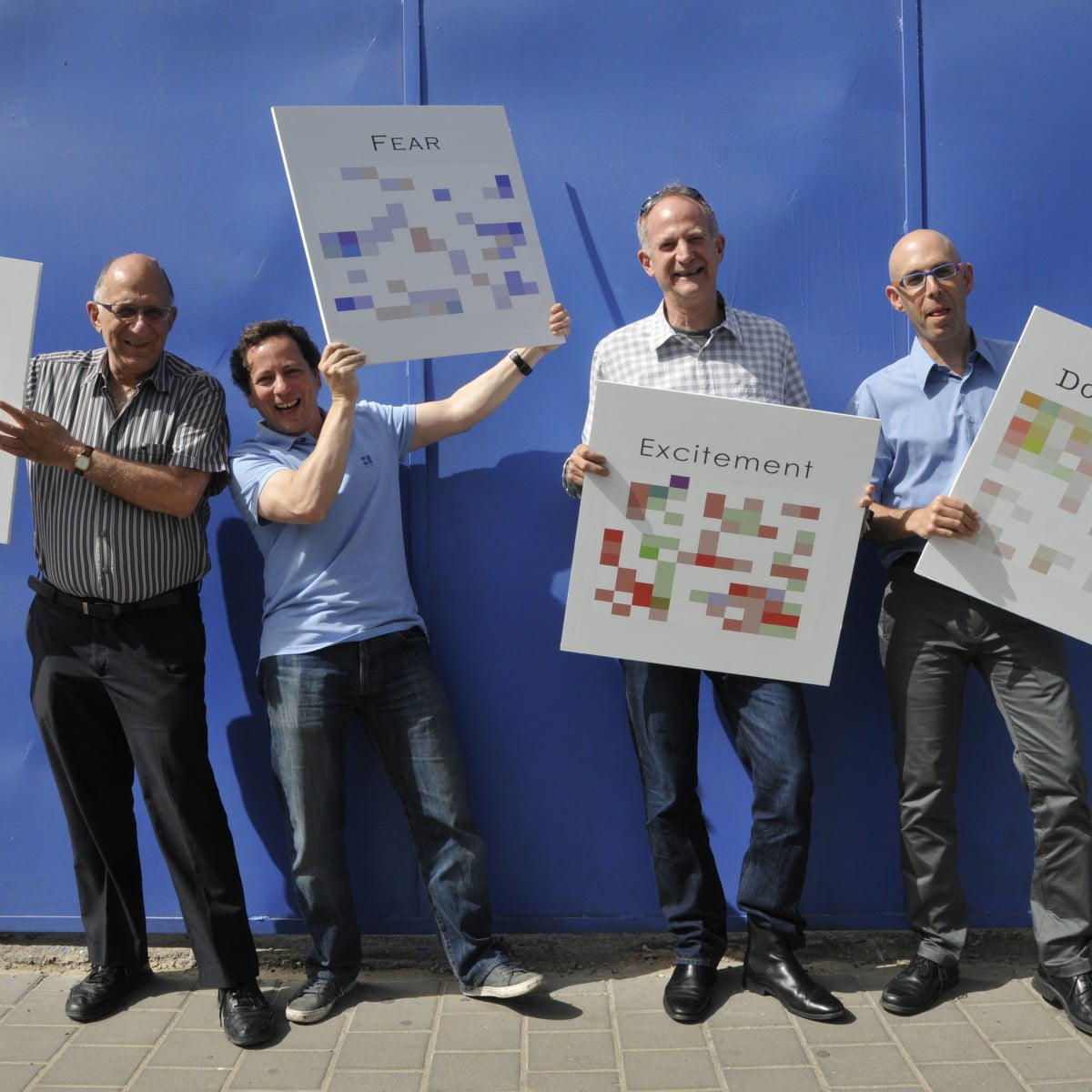The common expression,”I can hear it in your voice” is most often said during phone calls. It’s uttered when one side in the conversation picks up on how the other side is really feeling based on verbal clues. Now an Israeli company is taking emotional voice analysis to a whole new level with technology that can detect heart disease just by listening to us talk.
Beyond Verbal, an Israeli startup which makes voice recognition software to analyze human emotion, has announced the results of a new study on Coronary Artery Disease (CAD) patients, conducted together with the Mayo Clinic. The research, presented at the American Heart Association Scientific Sessions, shows that voice analysis can be used to identify the presence of CAD by establishing a strong correlation between certain voice characteristics and CAD. The study represents a significant breakthrough in this field, proving that there is a connection between distinct voice features and health conditions, which can significantly improve continuous monitoring and reduce remote healthcare costs.
CAD: The most common, and deadly, heart disease
Coronary Artery Disease (CAD) is the most common type of heart disease and the leading cause of death in the United States in both men and women. CAD happens when the arteries that supply blood to heart muscle become hardened and narrowed. This is due to the buildup of cholesterol and other material, called plaque, on their inner walls. This buildup is called atherosclerosis. As it grows, less blood can flow through the arteries. As a result, the heart muscle can’t get the blood or oxygen it needs. This can lead to chest pain (angina) or a heart attack. Most heart attacks happen when a blood clot suddenly cuts off the hearts’ blood supply, causing permanent heart damage. Over time, CAD can also weaken the heart muscle and contribute to heart failure and arrhythmias. Heart failure means the heart can’t pump blood well to the rest of the body. Arrhythmias are changes in the normal beating rhythm of the heart.
When screening for the disease, there was a great need for simple and noninvasive tests that could also improve the accuracy of risk estimation models. This is where Beyond Verbal realized they could use their technology to provide unique insight. In the past, Beyond Verbal has found voice signal characteristics that can be associated with various conditions such as Autism and Parkinson’s. The company then joined forces with the Mayo Clinic in order to research this same concept with CAD patients.
SEE ALSO: Mobile Is About To Get Emotional With Beyond Verbal’s ‘Moodies’ App
A 19-fold increase
After conducting the double blind study, which included 120 patients referred for elective coronary angiography and corresponding control subjects, one voice feature was shown to be associated with a 19-fold increased likelihood of CAD. This is the world’s first study to suggest a link between voice characteristics and CAD, and holds the potential to assist physicians in estimating the pre-test probability of CAD amongst patients with chest pain.
“A patient’s voice is the most readily available, easy to capture, and rich output the body offers,” Yuval Mor, CEO of Beyond Verbal said in a statement. “We are very excited to be able to work with Mayo Clinic on such a breakthrough research, studying the potential of using the human voice in healthcare monitoring and specifically CAD.”
Sign up for our free weekly newsletter
Subscribe2.5 million voice samples on file
Beyond Verbal has recently announced the availability of the Beyond mHealth Research Platform to facilitate the global collaboration between hospitals, research institutes and universities in the research to find vocal biomarkers. Founded in 2012 by Yoav Hoshen and Yuval Mor, Beyond Verbal has collected more than 2.5 million emotion-tagged voice samples in more than 40 languages to analyze human emotions, and secured their technology with multiple granted patents. Working off the concept that vocal intonation can provide significant insight into the inner-workings of human beings, the company is expanding its research on the connection between vocal intonations and health issues. The company has raised $10.1 million in funding in total.
Beyond Verbal plans to repeat the experiment in China and Israel to determine if the same correlation will show up in different languages. They will also test for any voice characteristics linked to other cardiovascular diseases.
The future: Diagnosis by voice recording?
Beyond Verbal’s CEO suggests that in the future doctors could diagnose medical conditions remotely by analyzing patients’ voice recordings.
“The idea eventually is to give people an app so we can check on them and tell them if everything is OK,” Mor told the New York Daily News. “We are opening the door for something completely new that can make a huge difference in the medical community.”
Photos: Beyond Verbal
Related posts

Israeli Medical Technologies That Could Change The World

Harnessing Our Own Bodies For Side Effect-Free Weight Loss

Missing Protein Could Unlock Treatment For Aggressive Lung Cancer






Facebook comments